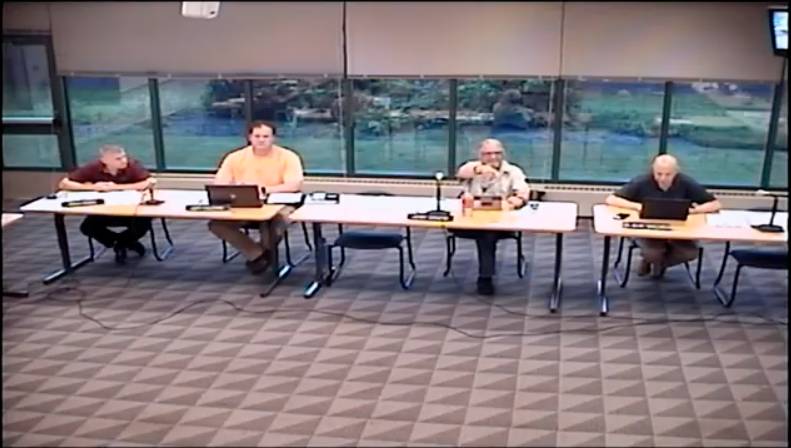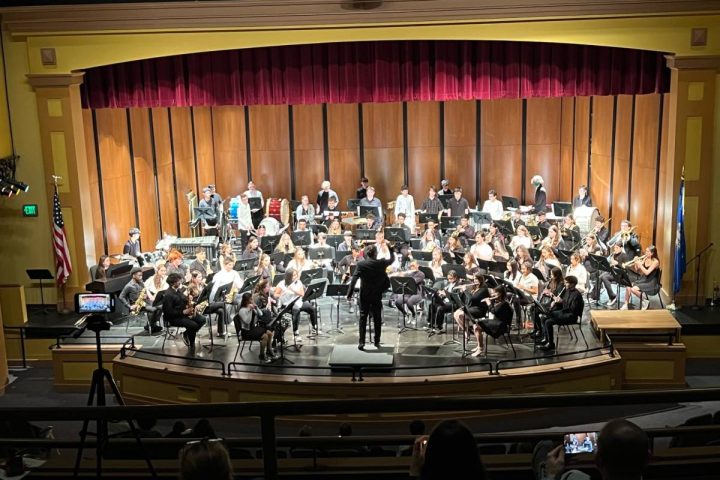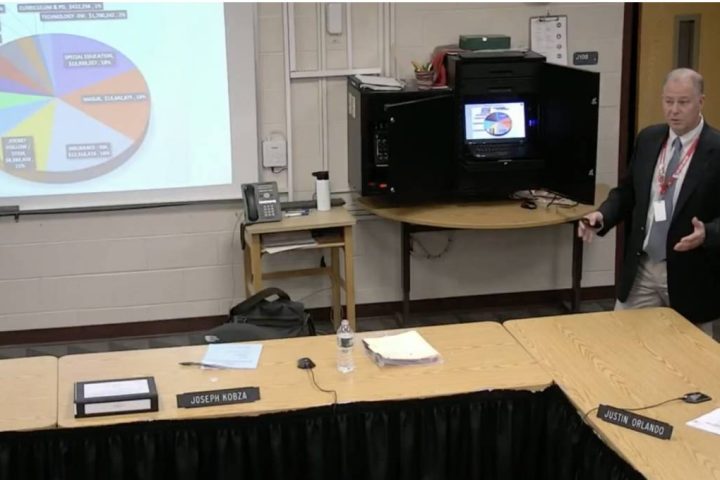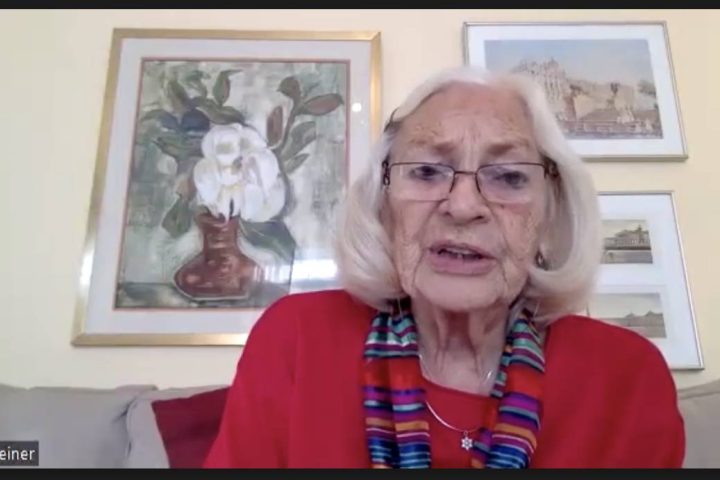MONROE, CT — Finance Director Ronald Bunovsky Jr. estimates the Board of Education will end the 2020-21 fiscal year with a $1 million budget surplus. Board members agreed to use $500,000 of it to make teachers and other union employees, who agreed to take three furlough days to help the district in a difficult budget year, whole again.
But rather than turning over all of the remaining $500,000 to the town, school board members are considering using some of it for maintenance and repair projects before the end of the fiscal year.
Last year, employee and administrator unions agreed to a memorandum of understanding with the Board of Education to take three furlough days to save the district money at a time of uncertainty due to the COVID-19 pandemic. As part of the MOU, the board agreed to reimburse them if enough money was left over at the end of the year.
Superintendent of Schools Joseph Kobza said teachers who want to be made whole can make up the furlough days by participating in professional development days, which are sorely needed due to the pandemic.
Kobza said 10 teachers have opted out of participating, because some are going away for the summer and others are tired from a school year, in which teachers taught students online and in person — often at the same time.
“That’s great news that we’re gonna make all of the staff whole, who want to be made whole,”Chairwoman Donna Lane said during Monday’s board meeting. “That’s wonderful news that we can do that, and all our unions were great partners with us to help us out.”
Lane favors using some of the remaining $500,000 surplus for maintenance and repairs to avoid higher costs down the road.
“My concern is, if we don’t do cleaning or repairs now, we will pay double in a couple months,” Lane said. “We don’t want to go crazy, but I think we’ve really hit those accounts and put things off — and it’s a time bomb waiting to explode.”
Jerry Stevens, a board member, suggested getting a priority list of projects that need to be done most.
Nick Kapoor, a fellow board member, expressed frustration over how the Board of Education loses control over how money is used once a surplus is turned over to the town. Though the funds were approved for educational uses, the Board of Finance does not have to use surplus funds for education.
Rather than returning $500,000 to the town, Kapoor said he would like to consider earmarking some of it to hire one or two more teachers to reduce class sizes.
“You’re absolutely right,” Kobza said of the problem with high class sizes. “I’ll be before the Board of Finance later this week. At Stepney and Fawn Hollow the numbers keep going up.”
Kobza said the national trend is for enrollment to increase in kindergarten, because of all the families who opted to keep their children home during the pandemic.
“Our kindergarten and first grade numbers are concerning,” Kobza said. “Now, if we leave it as is, we would be at 23 for Stepney and at Fawn Hollow first grades are at 24.”
Kobza said he does not want to do this, but in the worst case scenario he would consider using the district’s Elementary and Secondary School Emergency Relief funds (ESSER), because the high class sizes are a byproduct of COVID.
“But the problem is it is grant money and when that runs out you kind of hit a cliff,” Kobza said of not being able to count on those funds every year.
“On the other hand, you can’t put 24-25 kids in the classroom,” said Dr. Alan Vaglivelo, a board member. “It doesn’t work.”
David Ferris, a board member, supports using $500,000 to make employees whole, but said the school board has a statutory obligation to return the remaining $500,000 surplus to the town.
“I don’t think we should recklessly blow the rest of the money — spend it just to spend it,” Ferris said. “I think we have an obligation to use our funding well and if there’s money to go back to the taxpayers, the money should go back to the taxpayers.”
Ferris also agreed maintenance projects are needed and something should be done to reduce class sizes. But rather than using more of the surplus, he said he would rather return it to the town and tell the Board of Finance what is needed.
Ferris said the first selectman and Board of Finance have been great partners with the Board of Education, pointing out how the finance board created a $500,000 fund should the school district have cost overruns, especially for special education or COVID-19 expenses.
He said the boards should have a conversation that’s open and honest.
Vaglivelo said enrollment is an ongoing problem, proven by meta data and Kapoor said conversations on the issue should happen early and often.








